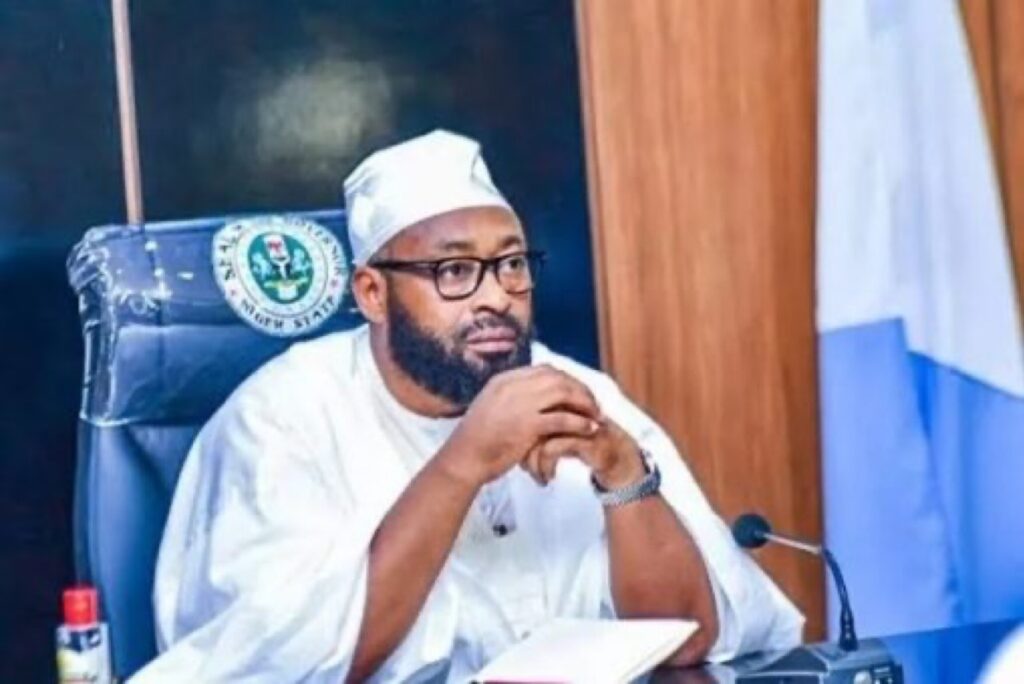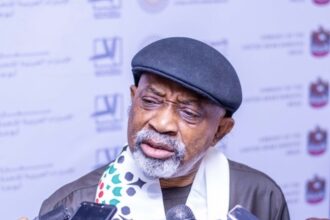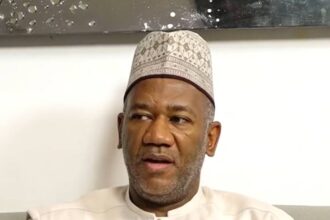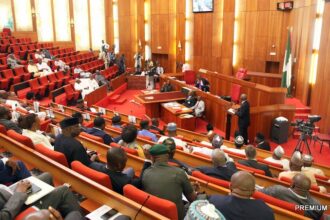
A political controversy has erupted in Niger State following the shutdown of Badeggi FM Radio, Minna, on the orders of Governor Umar Bago. The directive, issued during an All Progressives Congress (APC) caucus meeting, called for the sealing of the independent radio station and the profiling of its owner. The governor accused the station of inciting the public against the government and instructed that its broadcasting license be revoked.
According to the governor’s spokesperson, Bologi Ibrahim, the action was based on the station’s alleged promotion of activities deemed threatening to public peace. However, the Director of Operations at Badeggi FM, Abubakar Shuaib, contested the accusation, urging the governor to submit any complaints to the National Broadcasting Commission (NBC), the appropriate regulatory body. He maintained that the station operates under NBC’s guidelines and has no agenda against the government.
This is not the first instance of media suppression under the Bago administration. In November 2023, the Commissioner for Homeland Security, Bello Mohammed, reportedly assaulted a journalist from Voice of America, Mustapha Batsari, for seeking a comment on a conflict between Fulani and Gbagyi farmers. Similarly, in January 2025, Yakubu Bina, a journalist with People’s Daily and Chairman of the Correspondents’ Chapel of the Nigerian Union of Journalists, was detained by the police and the State Security Service (SSS) over a report on banditry and a critical post involving a government official.
The governor’s recent actions have drawn widespread condemnation. Amnesty International described the shutdown as a violation of press freedom and an unlawful abuse of power. The organisation stressed that targeting media houses for critical reporting undermines democracy and diverts attention from the government’s failure to address pressing security challenges in the state.
The civil society group Accountability Ambassadors also criticised the move, warning that it threatens constitutional rights and sets a dangerous precedent. The group stressed that only the NBC is legally authorised to investigate and sanction broadcasters, and that bypassing this process amounts to executive overreach.
Other voices, including close associates of the governor, have urged him to reconsider the decision. Yahaya Idrees cited Section 39 of the Nigerian Constitution, which guarantees the right to freedom of expression and access to information. He argued that criticism of government should be tolerated in a democratic society, not silenced. The growing backlash reflects broader concerns over press freedom and democratic governance in Nigeria, particularly at a time when insecurity and governance challenges continue to affect many parts of the country.
Source: https://www.premiumtimesng.com/








